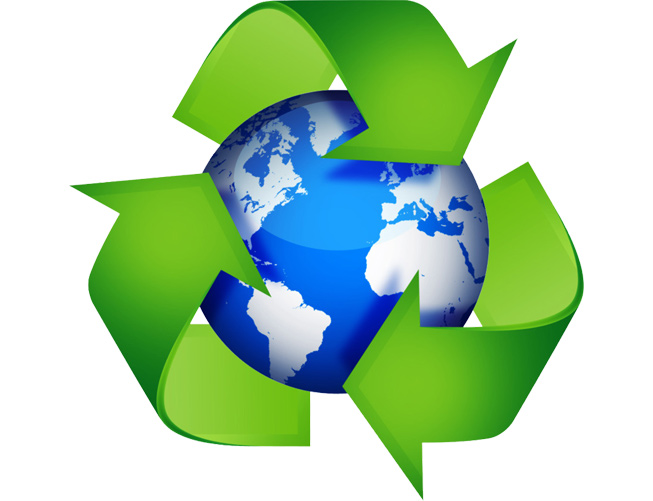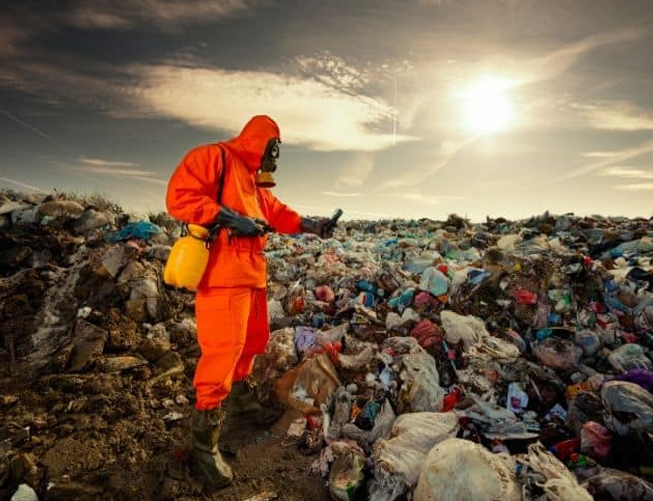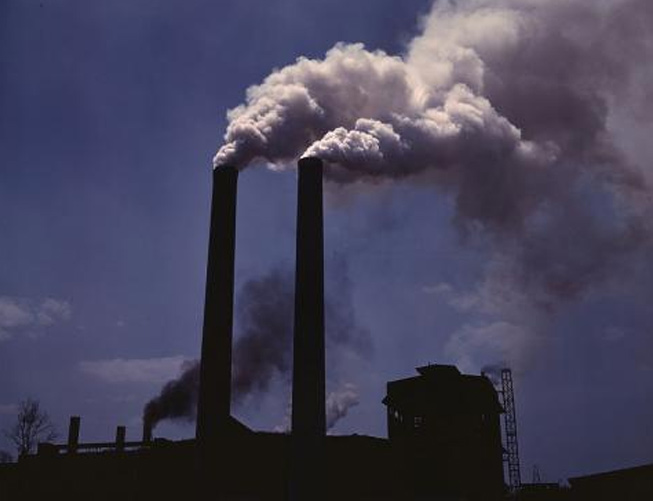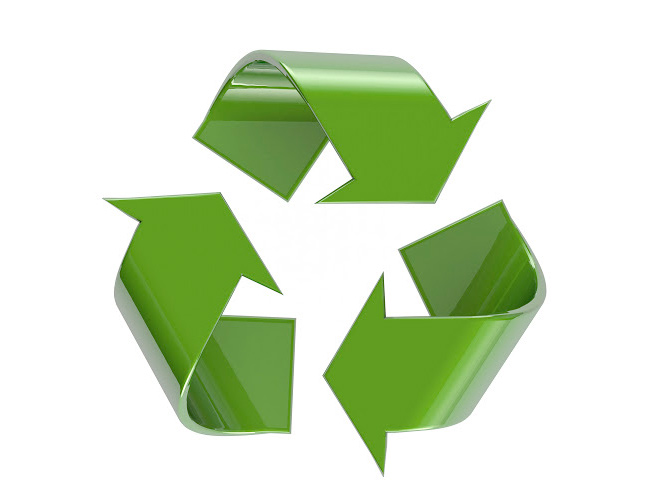WASTE MANAGEMENT
RECCA’ WASTE MANAGEMENT
If you run a restaurant or a shop/ business and need to dispose of your organic waste, then Recca Enterprises can help you manage this waste in an ethical and beneficial way. To reduce waste to landfill, minimize pollution on the environment and at the same time create jobs, our aim is to help your organization or business have a better social corporate responsibility and better business image.
Recca Enterprises will collect, transport and treat the compost on daily basis or as agreed. As such we provide a full circle solution to organic waste. These partnerships create jobs and improve the local economy while promoting the sustainable development goals and championing sustainability at the local level despite the conflict in our region.

Well all know the difference in taste and texture of vegetables and fruit from organic and non-organic sources. We want to make organic food available to everyone. It is simple. Managing organic waste is one of the most precious resources that we can benefit from for a healthier soil and healthier people. Most importantly we save dumping of these valuable resources into going to lan
Fundamentals Of Waste Management
Waste hierarchy demonstrates an order of preference for actions to reduce and manage rubbish. The hierarchy shows the progression of a material through succeeding stages of waste management, and represents the latter part of the life-cycle for each material. This is more commonly known as the 3 R’s: Reuse, Reduce, and Recycle. The aim of the waste hierarchy is to extract the possible practical benefits from products before final disposal and generate the minimum amount of waste.
The life-cycle of a product starts with its design. It then undergoes manufacture, distribution, usage, and then goes into the waste hierarchy’s stages of reuse, reduce, recycle, and disposal. The amazing thing about planning a product life-cycle is that every stage has opportunities for policy or manufacturing intervention, re-evaluation of the necessity of the output, and the extension of its practical use. The core idea behind looking at the life-cycle of a product is to optimise the use of the limited resources by avoiding the unnecessary generation of waste.
Resource efficiency is the idea that the global economic growth and development in status quo cannot be made sustainable if we continue with the current production and consumption patterns. Right now, we are extracting more and more to produce outputs at the expense of the world’s supply of non-renewable resources. Resource efficiency is basically the reduction of the impact of these goods to the environment, which follows the ideas of waste management and product life-cycle. This process of resource efficiency can address the issue of sustainability that is apparent worldwide.
Understanding The Basics
The collection, transportation, processing, disposal, and monitoring of wastes are just some of the different processes that make up the whole system of waste management. Simply put, waste management is the umbrella term for the actions necessary to handle rubbish from its first collection to its disposal. It also includes the legal and regulatory frameworks that are used to deal with issues relating to managing wastes.
NEED HELP, ASKING FOR PRICES??
KEEP IN TOUCH, SEND YOUR REQUEST



